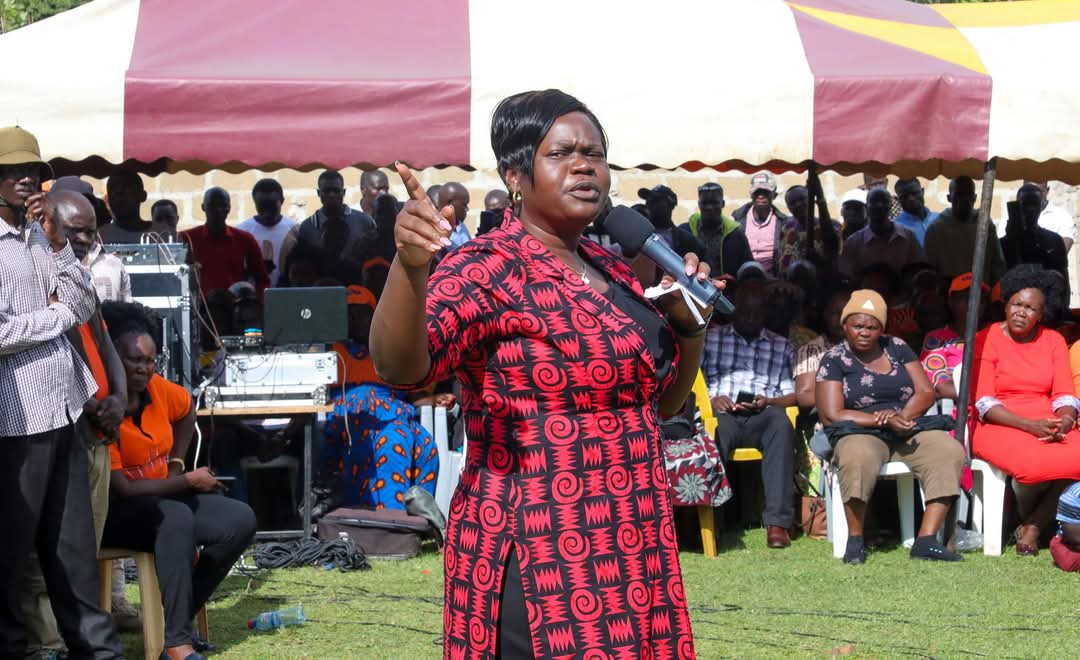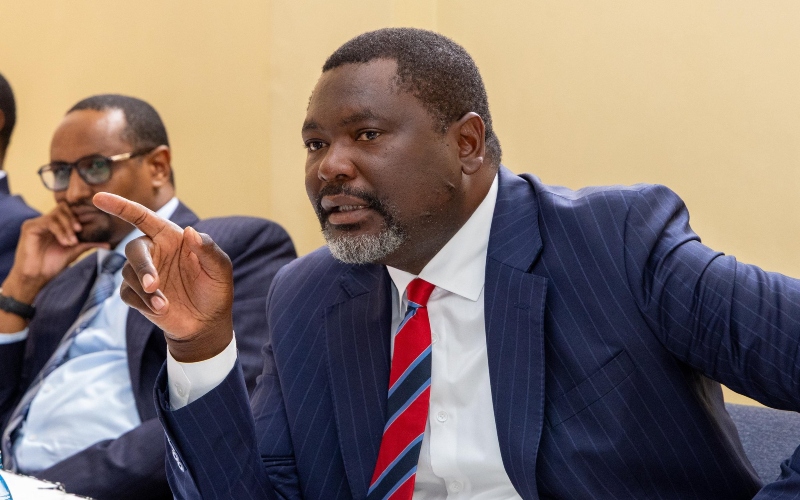Coast religious leaders protest exclusion from Waqf selection panel

Coast religious leaders insist that without proper regional representation, the process risks excluding key stakeholders, which could lead to further disputes over the administration of Waqf properties.
Coast religious leaders have voiced strong concerns over the selection process for the panel responsible for nominating candidates to the Muslim Endowment Fund (Waqf) Commission, arguing that the region has been unfairly sidelined.
During a press briefing in Mombasa, members of the Pwani Patriotic Religious Leaders (PPRL) questioned the criteria used to appoint the five-member selection panel, lamenting the absence of representatives from the Coast, where the majority of Waqf properties are located.
More To Read
- Muslim Advisory Council demands disbandment of Waqf commission selection panel
- AG Dorcas Oduor appoints selection panel to appoint Waqf Commission members
- CS Muturi fires back at Ruto over Waqf Act operationalization
- Ruto slams CS Muturi as "fairly incompetent" during his tenure as Attorney General
- Applications now open for Waqf Commissioners, deadline lapses in 14 Days
“As we all know, 99 per cent of Waqf properties in Kenya are found in the Coast region, particularly in Mombasa and Lamu. How is it that no one from this region was considered for the selection panel?” asked PPRL Chairperson Sheikh Abu Qatada.
He stressed that the Coast region has many qualified Muslim scholars who could have been appointed to the panel.
“It is not possible that in the entire Coast region, we could not find even one suitable representative. Our request is simple, we need at least one or two representatives from this region because this is where Waqf issues are cantered,” he said.
The controversy stems from a gazette notice dated March 28, 2025, in which Attorney General Dorcas Oduor appointed a five-member selection panel to oversee the nomination of Waqf Commission members.
The appointed individuals are Jawahir Keinan Hassan, Al-Hajji Hassan Kirua ole Naado, Sheikh Ibrahim Lethome Asmani, Sheikh Abdala Ibrahim Ateka, and Sumayya Hassan.
While acknowledging the importance of forming the panel, Sheikh Abu Qatada insisted that the selection process lacked regional balance.
“We are not opposing those who have been appointed, but we are questioning why the Coast region was left out. Given its significant role in Waqf matters, at least some representation from here should have been considered,” he said.
The religious leaders also called for greater transparency in Waqf management, urging the commission to publish annual financial reports to ensure accountability.
“Waqf properties belong to the community, not individuals. The commission must be open about its financial dealings and submit reports regularly,” Sheikh Abu Qatada emphasised.
Meanwhile, the Kenya Muslims National Advisory Council (KEMNAC) has taken a stronger stance, urging President William Ruto to dissolve the selection panel, arguing that its members are unfit for the task.
KEMNAC Chairman Sheikh Juma Ngao criticised the appointed panellists, claiming that some had previously opposed Waqf reforms and even taken legal action against them.
“We are wondering how individuals who went to court to block these reforms are now the same people selecting Waqf commissioners. This raises serious concerns about their impartiality and suitability,” Sheikh Ngao said.
He further argued that the appointment process should have been more consultative to ensure a fair and inclusive selection.
The Waqf Commission is tasked with managing and overseeing Muslim endowment properties, ensuring they are properly administered for the benefit of the intended beneficiaries.
However, Coast religious leaders insist that without proper regional representation, the process risks excluding key stakeholders, which could lead to further disputes over the administration of Waqf properties.
Top Stories Today















































